‘What a Fantastic Machine’: new film explores the camera, pop culture and human behaviour
Maximilien Van Aertryck and Axel Danielson’s new film, ‘And the King Said, What a Fantastic Machine’, dissects the role of the camera in popular culture
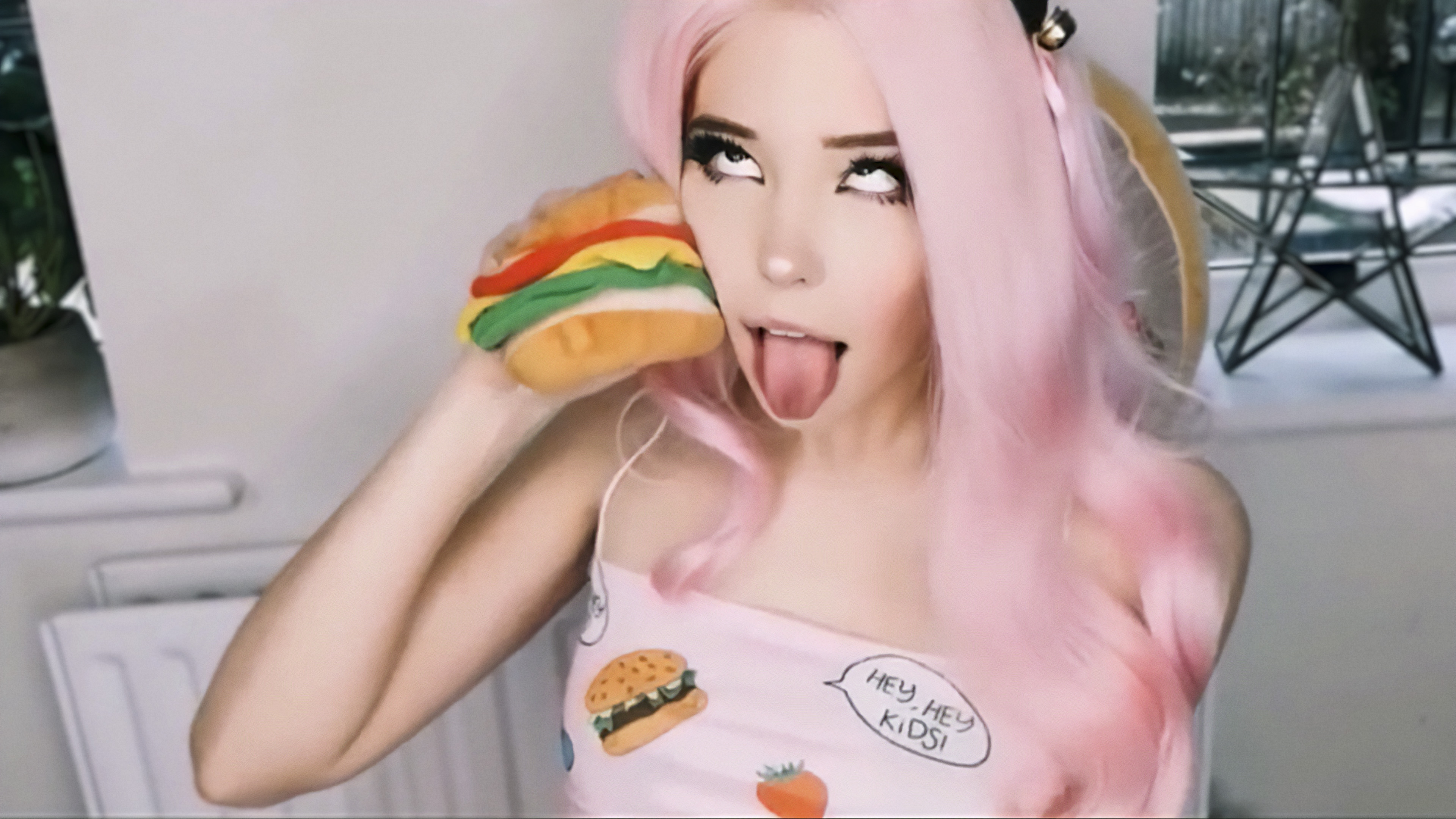
Shot in a hotel room in 2004, Sam Taylor-Johnson’s single-take film of David Beckham sleeping is an intimate and deceptively tender portrait of the then Real Madrid midfielder. Currently on display at the National Portrait Gallery in London, David runs at 107 minutes and was at least part-inspired by Andy Warhol’s own five-hour loop of John Giorno in slumber (Sleep, 1964). In bold contrast to the design and execution of these works is a clip called The Awakening: in 2019, Twitch user JesseDstreams accidentally fell asleep while live streaming from his living room. Waking up, he found over 200 people were paying to watch him doze, a substantial increase from the handful he usually gamed with on the service.
And the King Said, What a Fantastic Machine
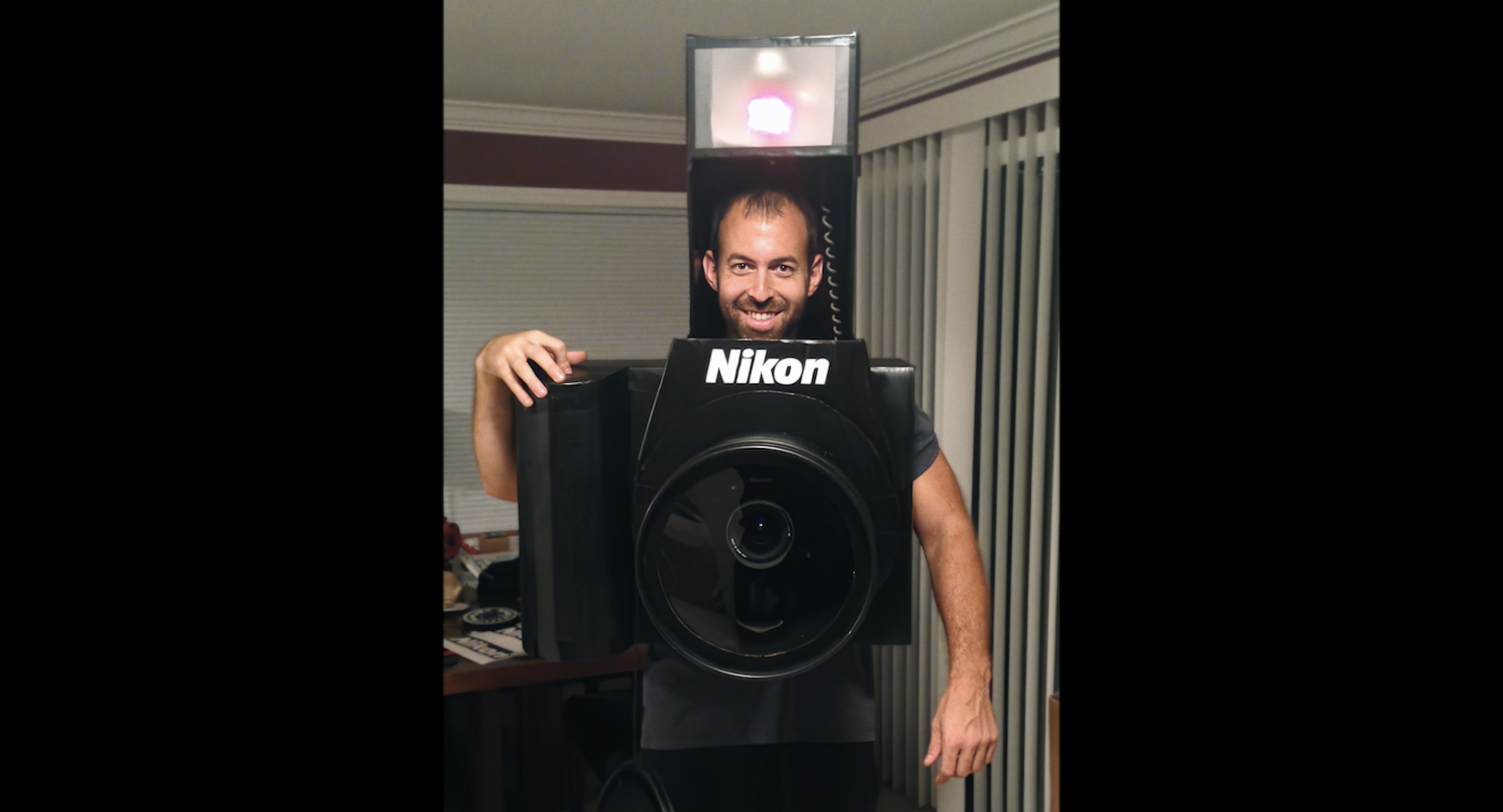
Clip from Bryan Troll. Still from And the King Said, What a Fantastic Machine
In Maximilien Van Aertryck and Axel Danielson’s new film, And the King Said, What a Fantastic Machine, it’s the latter footage that emerges as a significant piece of pop culture, employed by the directors to introduce a segment on the ascent of daily, often mundane personal broadcasting (the clip is immediately followed by a split screen of four further streamers in their respective beds, busy comment sections framing each window).
‘The story of the camera, from our perspective, is about how it's used to style reality as you wish, not thinking about the consequences,’ notes Van Aertryck. ‘This is very much true still today, it's just that the possibility has been given to so many more people.’
Executively produced by Ruben Östlund – a co-founder of the filmmaking collective Plattform Produktion, with whom the pair are affiliated – Fantastic Machine closely examines the first 200 years of our relationship with the camera.
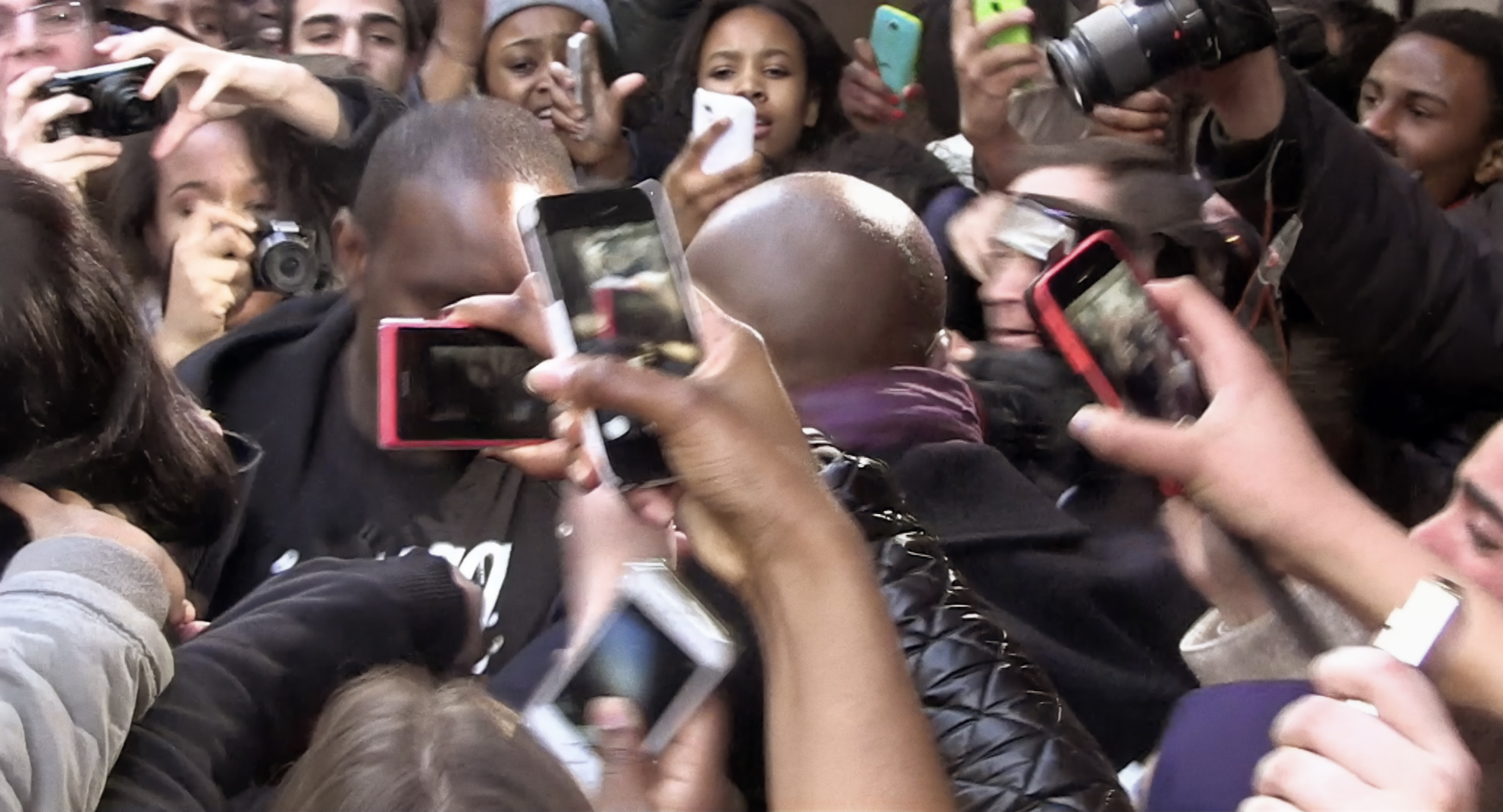
Clip from stormshadow.tv. Still from And the King Said, What a Fantastic Machine
‘It actually started many years ago. One of our common interests at Plattform is the camera and the photographic image, how their use affects human behaviour and society at large,’ asserts Van Aertryck. The duo have spent the past two decades building archives of clips like those that appear here on screen, initially without a vehicle for them. ‘A lot of the clips on YouTube said something really interesting about our intentions behind or in front of the camera, and we would use these to talk about this topic. Seven years ago, Western society became more polarised and opinions shifted rapidly, in our eyes fuelled by the use of photographic image and mass media. We felt we needed to make a film that would throw a lot of punches in a lot of directions, to open a debate.’
The film opens with a modern clip of a woman bewildered by the camera obscura effect of a small gap in her curtains, and what follows is a loosely chronological, if not fully exhaustive, visual study of the technical and social developments that have led to where we are today. ‘Absolutely the hardest thing was where to put the borders,’ says Danielson, acknowledging the picture’s own subjectivity. Beginning with Joseph Niépce in 19th-century France, Fantastic Machine highlights George Méliès’s pre-recording of King Edward VII’s coronation, shot in a studio with French actors (the film borrows its moniker from an exchange between the two), as well as Leni Riefenstahl reflecting on the artistic success of Triumph of the Will, and former Irish president Éamon de Valera voicing his concerns about the harmful potential of TV in 1961. The more contemporary content includes OnlyFans creators, TED Talk conferences, and ISIS bloopers, plus Eurovision and election coverage.
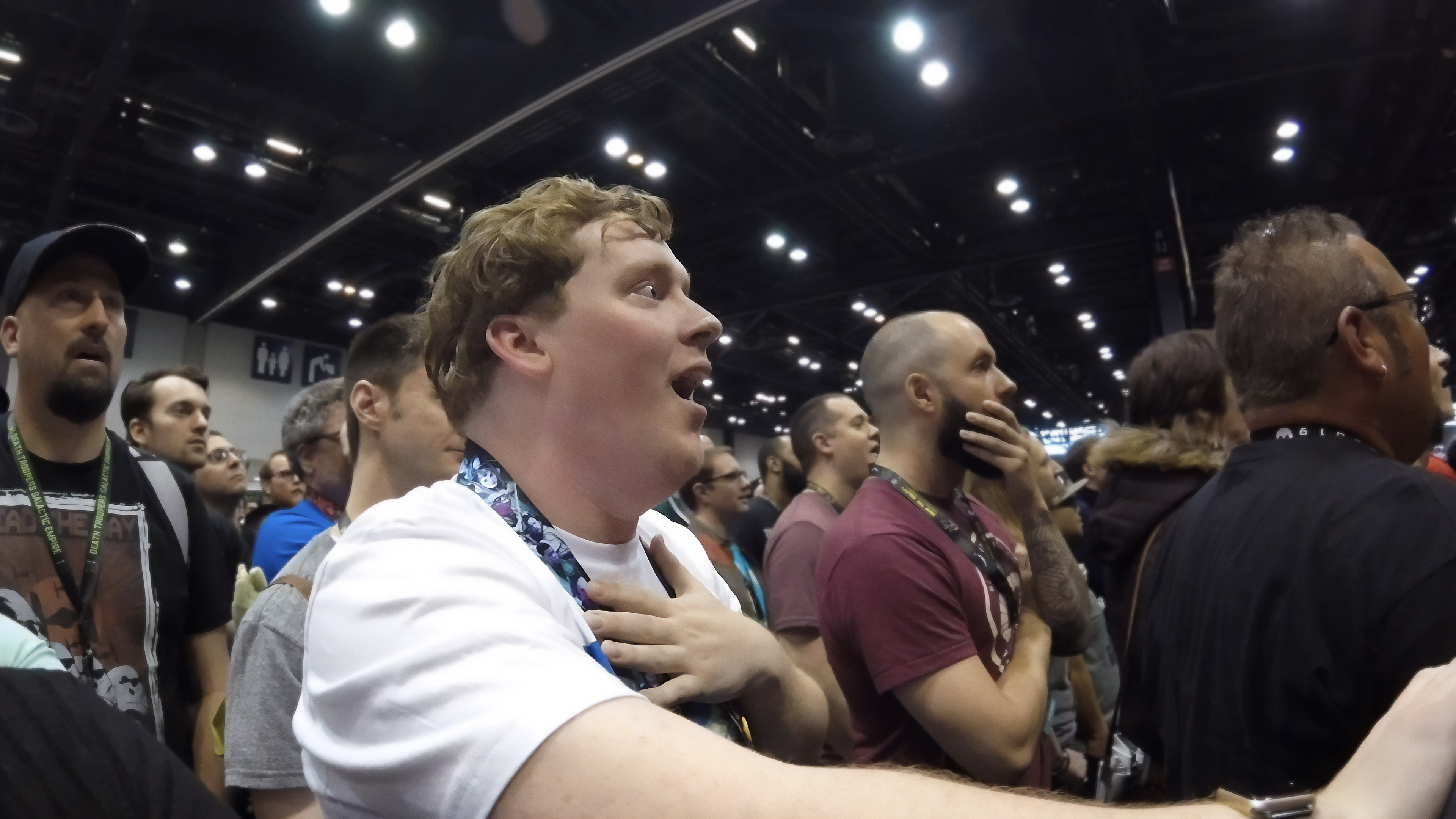
Scott Jayro. Still from And the King Said, What a Fantastic Machine
‘You can say that we left the text-based society and entered the image-based society,’ observes Danielson of the wider cultural phenomenon. ‘We're trained for years to decipher how text works within society, but with photographic image, there is nothing. We believe it's through understanding the practical mechanisms that you can grasp how it affects you and ask the right questions. Through the practice and aesthetics, you will get to the ethics.’
Wallpaper* Newsletter
Receive our daily digest of inspiration, escapism and design stories from around the world direct to your inbox.
At the Berlinale in 2023, where they won the AG Kingo Gilde – Cinema Vision 14plus award, the directors were made privy to the full scope of their work and its capacity to stir independent interrogation. ‘We had this beautiful screening with 800 German school kids that were so engaged in the film,’ shares Danielson. ‘Afterwards, at the Q&A, they made statements about their reality, the algorithm and being “just consumers”. Our main goal was that people would continue this discussion, and we were so happy it really sparked something. We were just leaning back saying, “OK, they do this by themselves”.’
And the King Said, What a Fantastic Machine is in cinemas now

Anders Holmberg. Still from And the King Said, What a Fantastic Machine
Zoe Whitfield is a London-based writer whose work spans contemporary culture, fashion, art and photography. She has written extensively for international titles including Interview, AnOther, i-D, Dazed and CNN Style, among others.
-
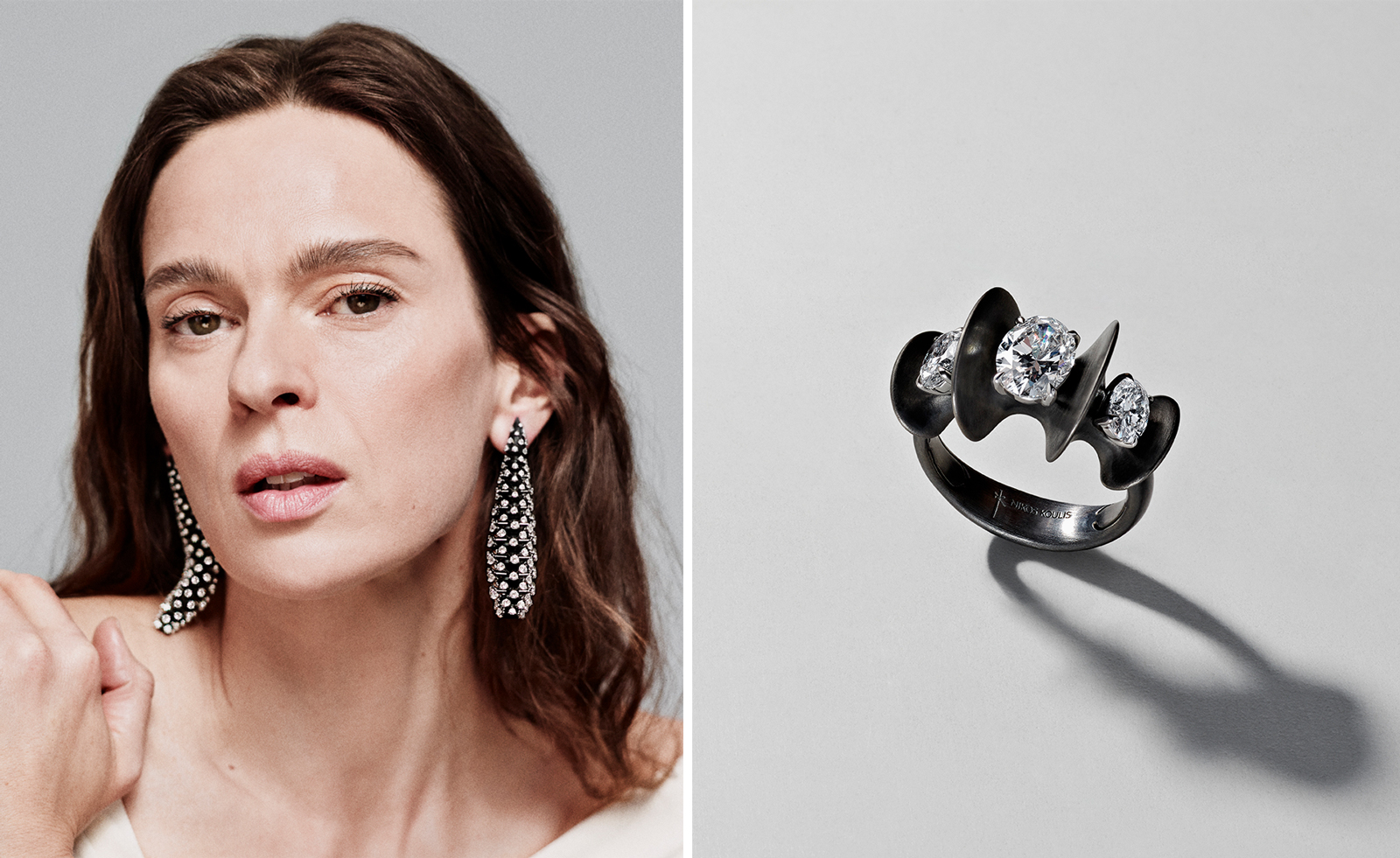 Nikos Koulis brings a cool wearability to high jewellery
Nikos Koulis brings a cool wearability to high jewelleryNikos Koulis experiments with unusual diamond cuts and modern materials in a new collection, ‘Wish’
By Hannah Silver
-
 A Xingfa cement factory’s reimagining breathes new life into an abandoned industrial site
A Xingfa cement factory’s reimagining breathes new life into an abandoned industrial siteWe tour the Xingfa cement factory in China, where a redesign by landscape specialist SWA Group completely transforms an old industrial site into a lush park
By Daven Wu
-
 Put these emerging artists on your radar
Put these emerging artists on your radarThis crop of six new talents is poised to shake up the art world. Get to know them now
By Tianna Williams
-
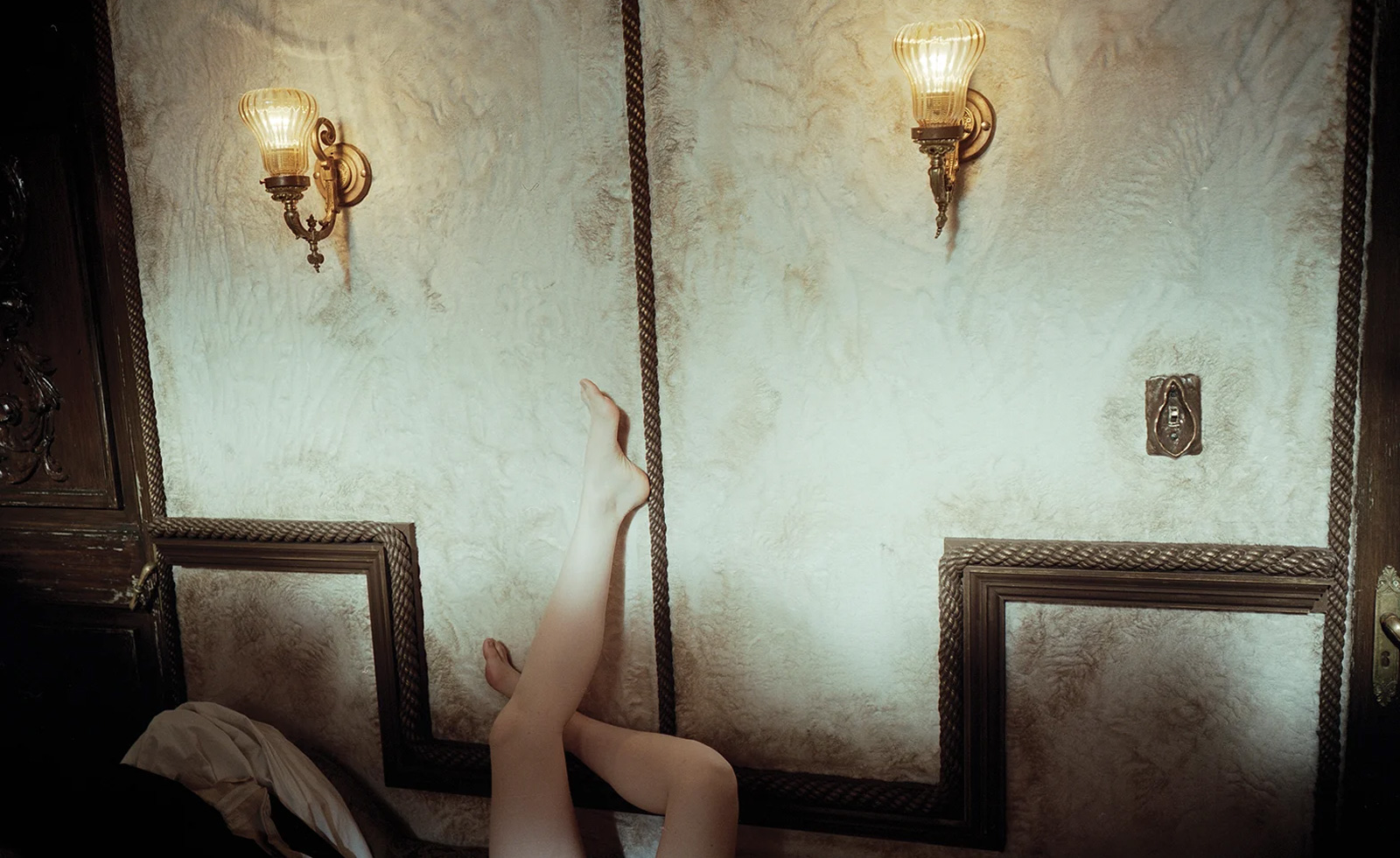 Unlike the gloriously grotesque imagery in his films, Yorgos Lanthimos’ photographs are quietly beautiful
Unlike the gloriously grotesque imagery in his films, Yorgos Lanthimos’ photographs are quietly beautifulAn exhibition at Webber Gallery in Los Angeles presents Yorgos Lanthimos’ photography
By Katie Tobin
-
 ‘Life is strange and life is funny’: a new film goes inside the world of Martin Parr
‘Life is strange and life is funny’: a new film goes inside the world of Martin Parr‘I Am Martin Parr’, directed by Lee Shulman, makes the much-loved photographer the subject
By Hannah Silver
-
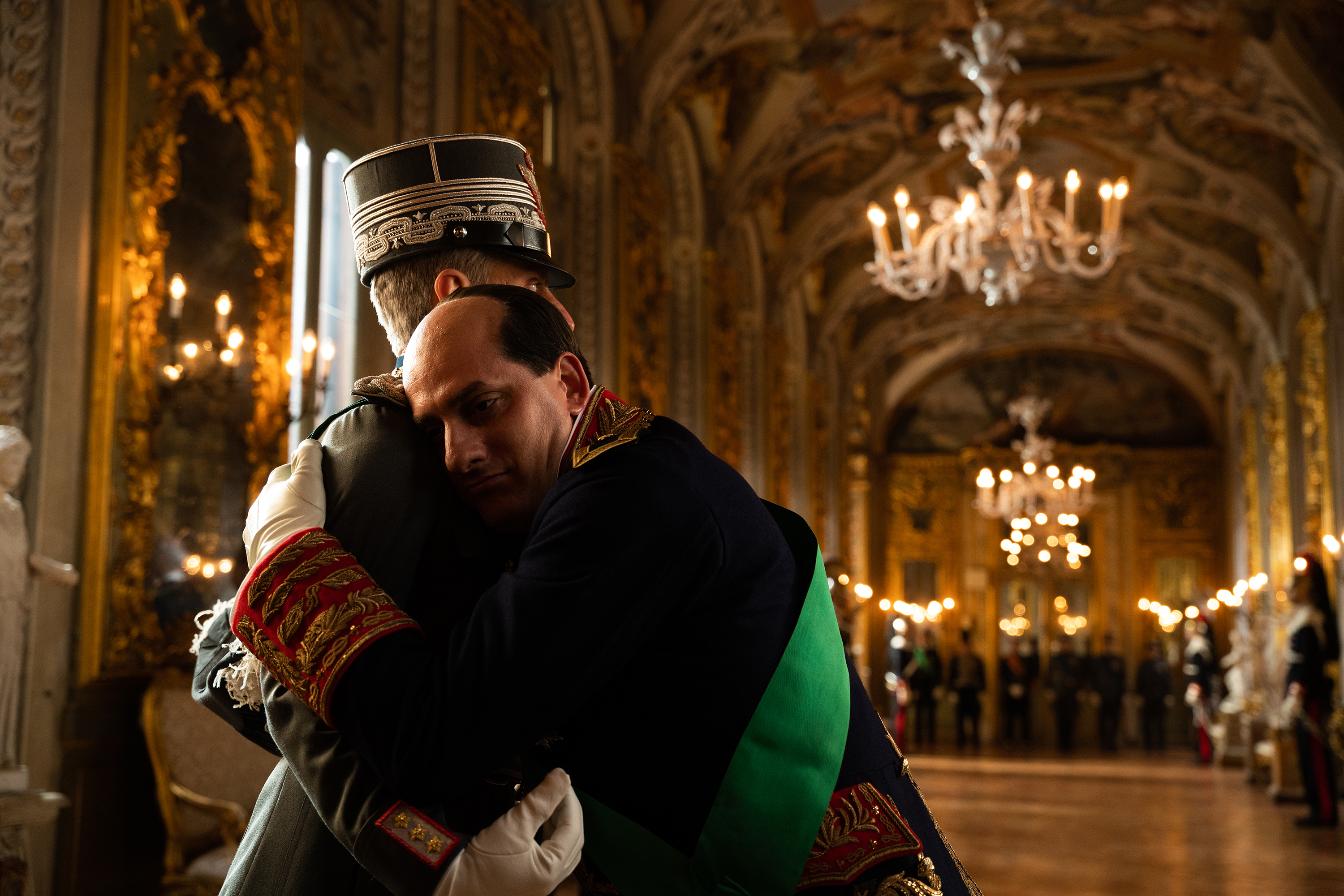 The Chemical Brothers’ Tom Rowlands on creating an electronic score for historical drama, Mussolini
The Chemical Brothers’ Tom Rowlands on creating an electronic score for historical drama, MussoliniTom Rowlands has composed ‘The Way Violence Should Be’ for Sky’s eight-part, Italian-language Mussolini: Son of the Century
By Craig McLean
-
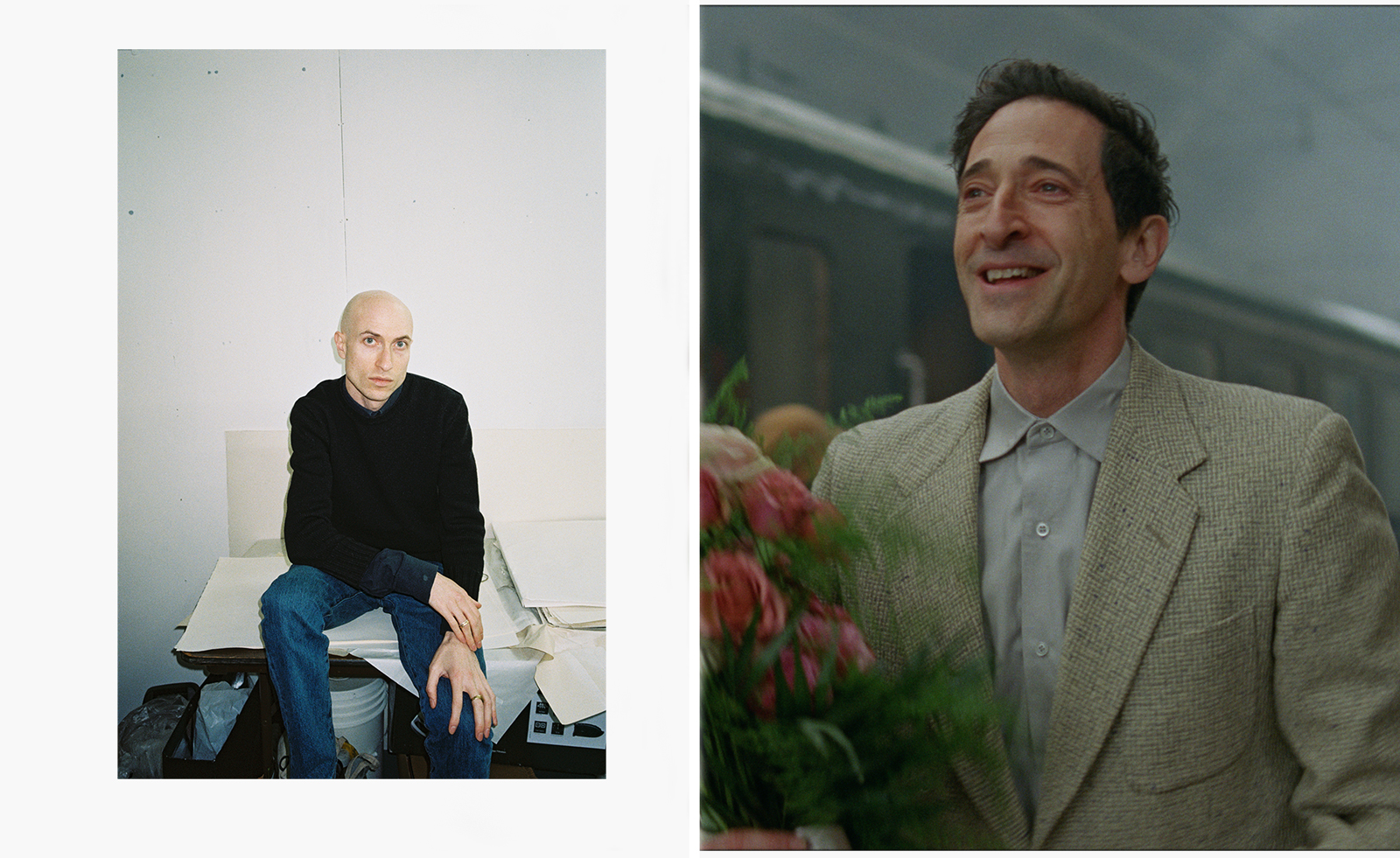 Meet Daniel Blumberg, the British indie rock veteran who created The Brutalist’s score
Meet Daniel Blumberg, the British indie rock veteran who created The Brutalist’s scoreOscar and BAFTA-winning Blumberg has created an epic score for Brady Corbet’s film The Brutalist.
By Craig McLean
-
 Remembering David Lynch (1946-2025), filmmaking master and creative dark horse
Remembering David Lynch (1946-2025), filmmaking master and creative dark horseDavid Lynch has died aged 78. Craig McLean pays tribute, recalling the cult filmmaker, his works, musings and myriad interests, from music-making to coffee entrepreneurship
By Craig McLean
-
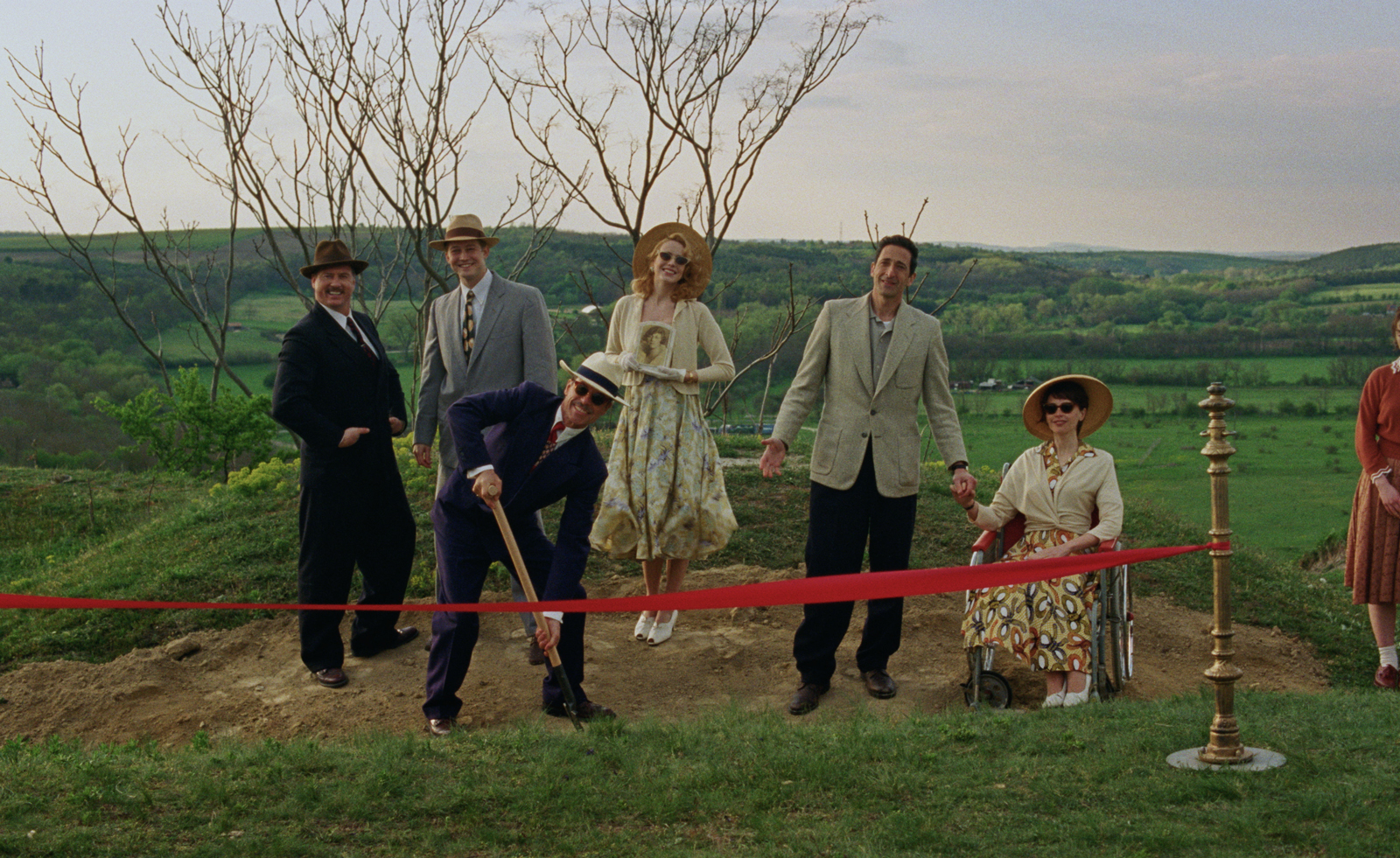 Architecture and the new world: The Brutalist reframes the American dream
Architecture and the new world: The Brutalist reframes the American dreamBrady Corbet’s third feature film, The Brutalist, demonstrates how violence is a building block for ideology
By Billie Walker
-
 ‘It creates mental horrors’ – why The Thing game remains so chilling
‘It creates mental horrors’ – why The Thing game remains so chillingWallpaper* speaks to two of the developers behind 2002’s cult classic The Thing video game, who hope the release of a remastered version can terrify a new generation of gamers
By Thomas Hobbs
-
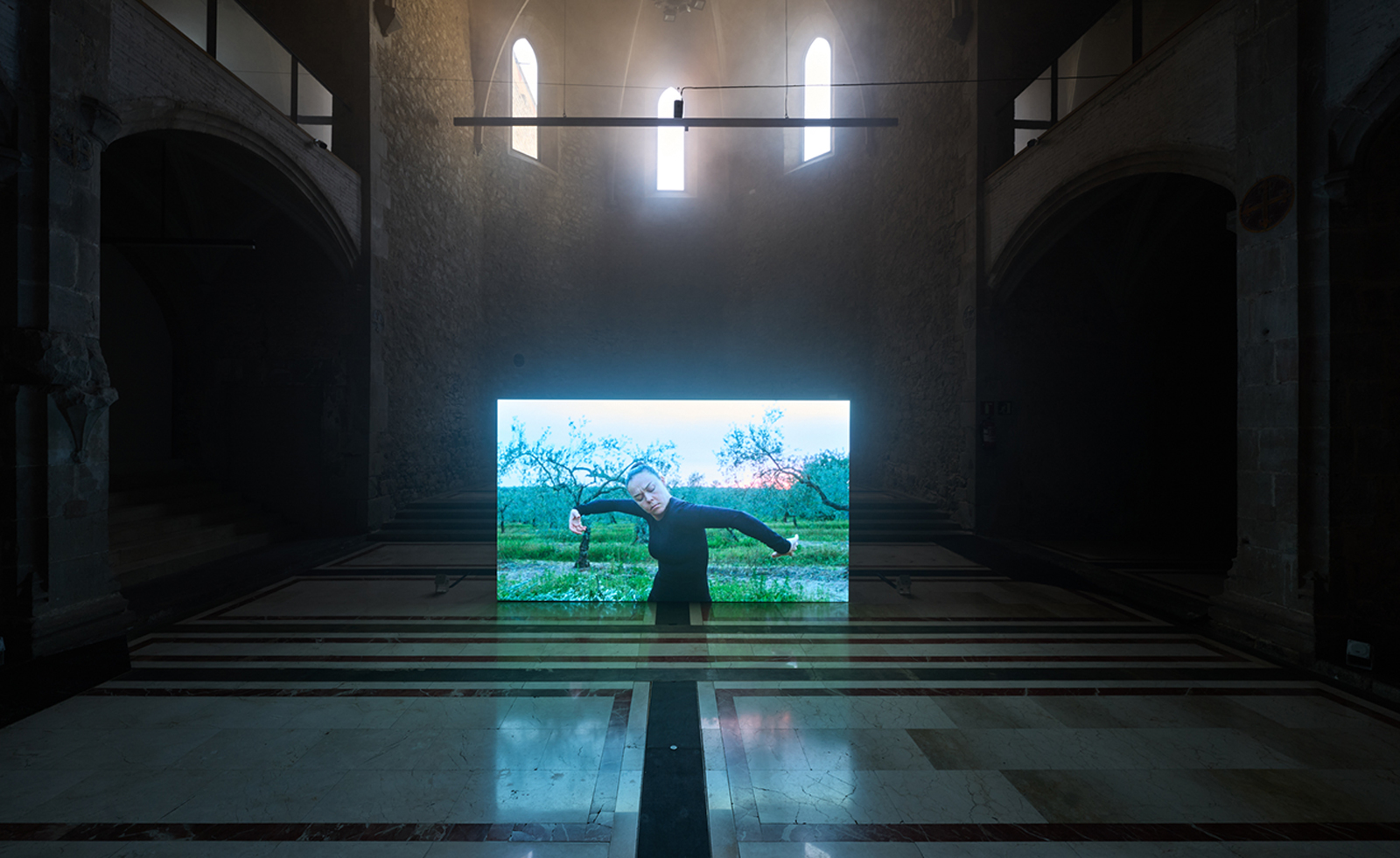 Wu Tsang reinterprets Carmen's story in Barcelona
Wu Tsang reinterprets Carmen's story in BarcelonaWu Tsang rethinks Carmen with an opera-theatre hybrid show and a film installation, recently premiered at MACBA in Barcelona (until 3 November)
By Emily Steer